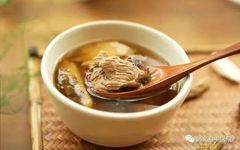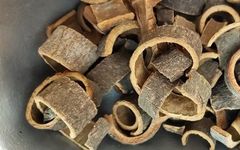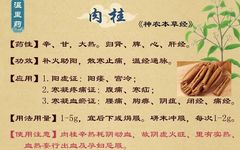Weekly Dish: Cinnamon
China has a long-standing food therapy culture of “food and medicine share the same source” As early as in the “Huangdi Neijing” (Yellow Emperor’s Inner Canon), the principle of treating diseases was proposed— “Use medicine to expel it, and food to follow it” Many foods are both food and medicine Food, like medicine, can prevent … Read more










